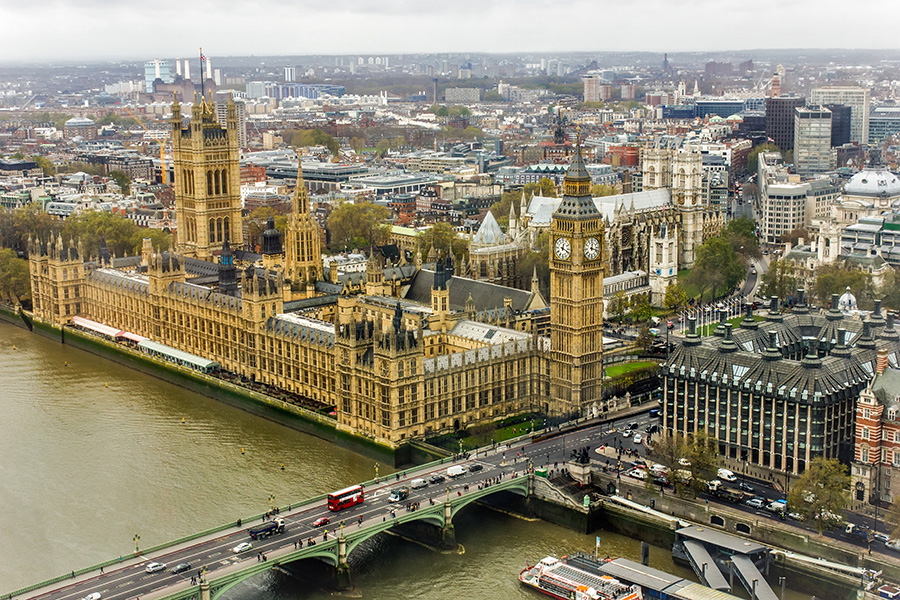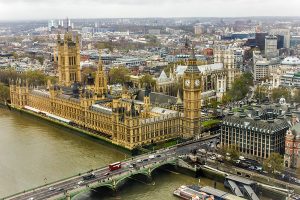UK peer criticises lack of government action against gambling advertising

Lord Foster of Bath claims last year’s white paper “proposes very little on gambling advertising reforms”.
UK.- The Liberal Democrat peer Lord Foster of Bath has called for more measures against gambling advertising in Britain. The chair of Peers for Gambling Reform led a house debate on the impact of gambling advertising, marketing and sponsorship on problem gambling.
Foster welcomed the inclusion of many of his group’s recommendations “in-whole or in-part” ’in last year’s gambling white paper published by the Department for Culture, Media and Sport. However, he said the paper “proposes very little on gambling advertising reforms” other than instructing the Gambling Commission to look into bonus offers like free bets and spins and the Premier League’s upcoming voluntary ban on front-of-shirt gambling sponsorship.
He said this meant the white paper had failed in one of its main objectives of correcting the 2005 Gambling Act, which liberalised gambling advertising. Stating that the gambling sector spends £1.5bn a year on advertising, he said the focus had shifted to social media, which now hosts “over 1 million gambling adverts per year”.
Foster said: “As the Lords Committee noted, betting companies would not be spending such vast amounts on advertising if it didn’t work, leading to more gambling and greater risk of harm… We must ask why such little action has been proposed.”
Foster cited an article in The Observer newspaper about children being “bombarded by gambling ads”, and an advert displayed on the Transport for London network that states that “your carriage is now a casino“ (this despite the proposed ban on gambling ads on TFL).
He argued that “the vast majority of the public want a clampdown on gambling advertising, including Conservative voters” and noted that local authorities were taking matters into their own hands due to a lack of action from central government, with “over 80 councils” moving to restrict advertising on land, buildings and media that they own. In sports, he noted that 30 football clubs had joined the Big Step campaign to end gambling advertising.
In response, Lord Parkinson of Whitley Bay claimed the Gambling Act review had taken “an exhaustive look at the best available evidence on the impacts of gambling advertising”. He said the government believed advertising reforms were part of a “balanced package of wider industry reforms” but that the growth in gambling ads had not led to an increase in gambling participation rates or population-level problem gambling rates, which remain “broadly stable”.
He also noted that rules for gambling ads are set by the Committee of Advertising Practice (CAP), which had developed a “wide range of provisions to protect children and vulnerable adults”.










